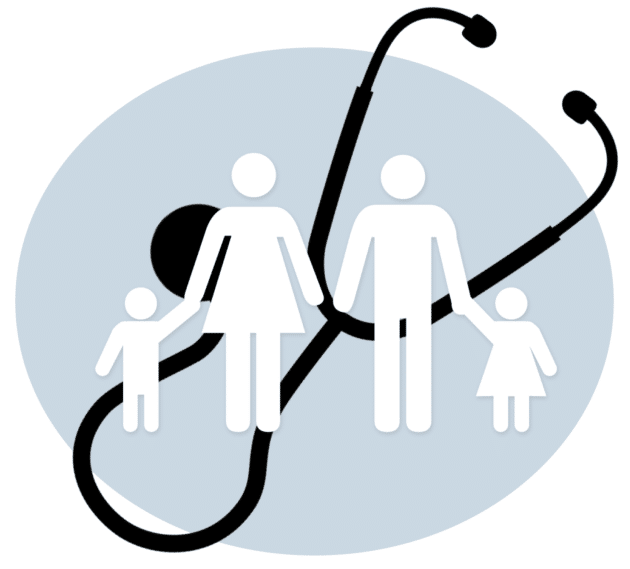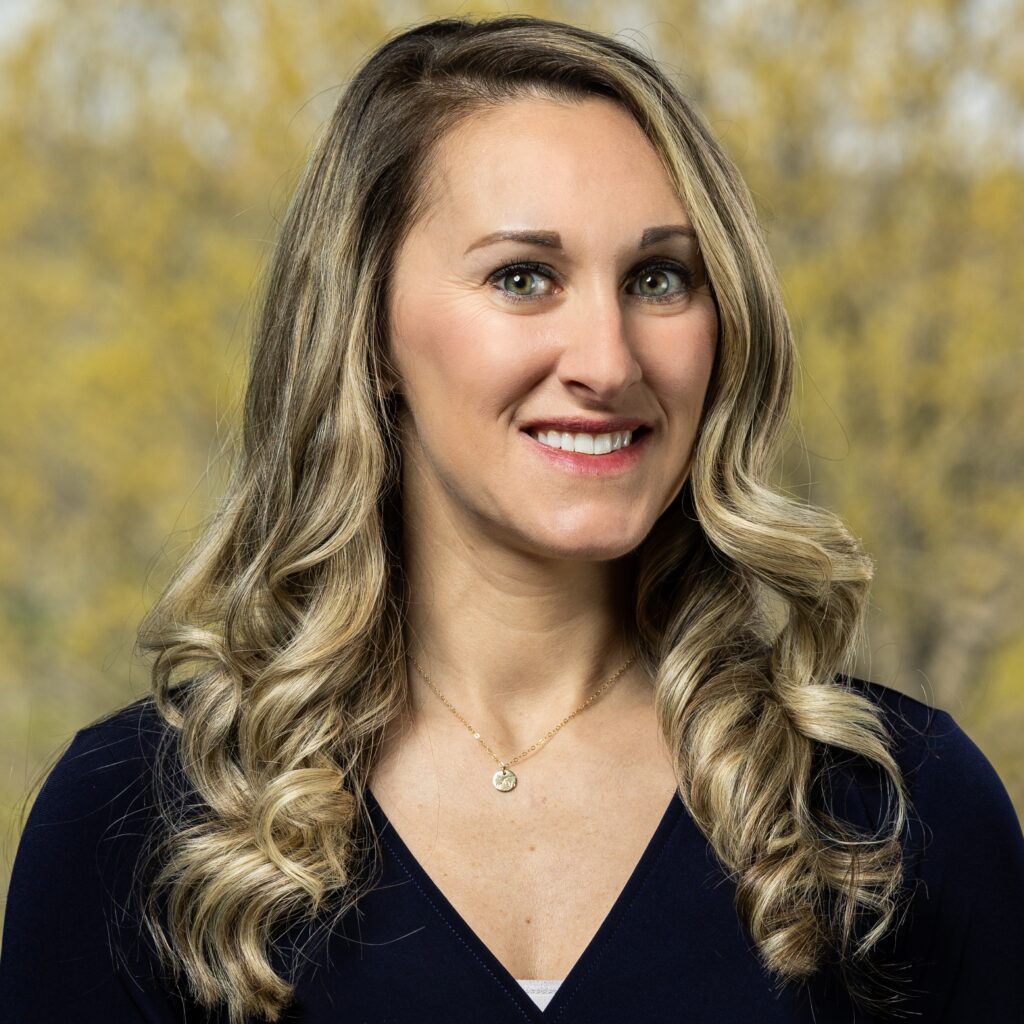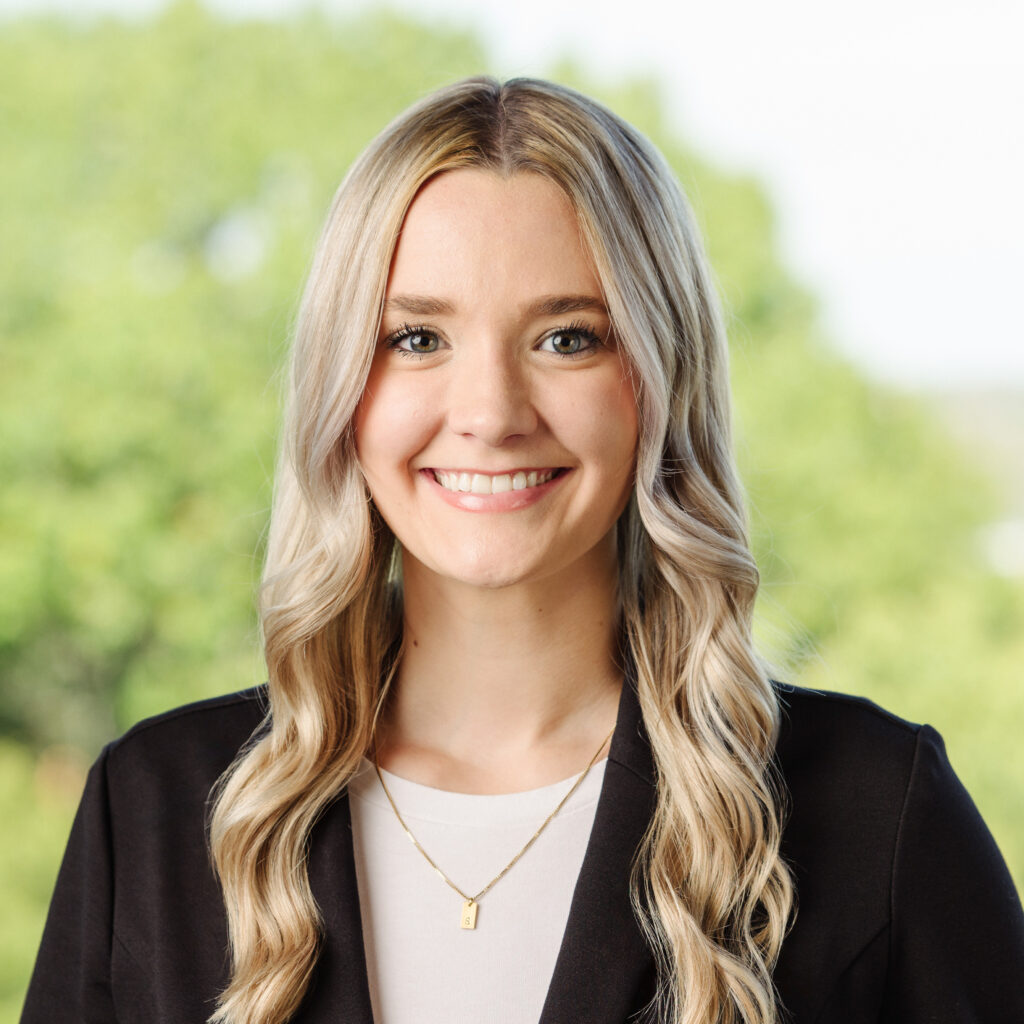Saving and preparing for retirement can be an exciting prospect – throwing out the alarm clock, enjoying travel, and starting new hobbies.
But when you look to the future, there is a sobering component as well – the majority of us will need to plan for long-term medical care. According to Longtermcare.gov, 70% of people turning 65 today will require some amount of long-term care, with men averaging 2.2 years of care and women averaging 3.7.
For many investors, paying for long-term care and understanding how this expense can impact your spouse and heirs is a stressful thought. But like most challenges which we would rather put off – attacking this issue head on is the best way to move forward. And while there are many valid concerns people have about long-term care, there are plenty of misconceptions too. In many cases, the fears are bleaker than reality. To alleviate some of the unwarranted anxiety, I’ve identified the five most pervasive myths I’ve encountered as a financial advisor and clarified what the reality is.
1. I need to be totally broke to qualify for Medicaid
- In 2018, the national median cost for long-term care in a nursing home with a private room was $8,365/month; an assisted living facility cost around $4,000/month.
- Individuals entering into a long-term care arrangement will likely pay by one, or a combination, of three options – self pay, long-term care insurance, or a form of government assistance. Medicare does not cover nursing home or assisted living services.
- To qualify for Medicaid, the individual receiving care must have less than $2,000 in assets, although that figure can be higher depending on the state.
- If you’re married, your spouse can retain up to $126,420 (2019) in joint assets, which also varies by state.
- Your primary residence is not a countable asset as long as your home equity is less than $585,000. And the value of your home is excluded regardless of equity if your spouse or a dependent lives there.
2. I should give away all my money to qualify for Medicaid
- To combat people giving money away or transferring assets to family, Congress enacted the 5-year look back rule. Any money gifted or transferred within a 5-year period of someone entering a nursing home will still be counted as part of their assets. The penalty imposed for transferring assets in such a scenario is a delay in receiving Medicaid benefits. The length of the delay depends on the amount of money transferred within the previous 5 years.
3. I can’t have any income to qualify for Medicaid
- Medicaid limits income to 300% of the Federal Benefit Rate (FBR) to qualify for assisted living care ($2,313/month in 2019). If your income from a pension, social security, or investment income is greater than 300% of FBR, you would not qualify for assistance; however,
- Most states have guidelines to determine if an individual is “medically needy”, meaning if the cost of care reduces your income below $2,313/month, you would start to qualify. For example, if your income is $6,000/month but your care costs $4,000/month this would bring your income below the $2,313, and you would qualify for assistance to help offset the difference.
4. The nursing home will take my house
- Nursing homes are not interested in owning real estate. In fact, a patient has the right to retain a primary residence even if they are receiving care in a nursing home or assisted living facility, under the premise that if they recover from their ailment and no longer require long-term care, they would need somewhere to live. The primary residence is also protected if a surviving spouse or minor dependent continues to reside in the home. Once the patient, surviving spouse and their dependents pass, there is a Medicaid “estate recovery” provision the state may pursue to try recover money when the property is sold. The key to remember is that the state wants to recover cash proceeds from the sale of a home – not the home itself. Therefore, it is unwise to sell a home while a patient is in nursing home care. There are many ways to protect a home and its sale proceeds, but these strategies should be discussed with an elder law attorney and your financial advisor.
5. A trust will totally protect me
- A trust is a good place to start when planning for asset protection, but you must factor in the 5-year look back and understand any limitations a trust might place on access to your assets.
- Any asset transferred into the trust will be subject to the 5-year look back.
- Any liquid asset, such as a brokerage account transferred to a trust, becomes an asset of the trust which you will not be able to access outside of predetermined distributions from the trust.
- Transferring real estate to a trust means the ownership is changing hands, which may trigger the estate recovery process and may also incur transfer taxes depending on your state and county.
When planning for your retirement and for the transfer of assets to your next generation, medical expenses must be factored in. The good news is that there are many ways you can protect and invest assets to prepare for future medical expenses, including long-term care insurance, annuities and medical trusts, among other structures and strategies. If you integrate future medical expenses into your long-term financial plan, you can put your anxiety to rest, and focus on all of the great things you plan to do in retirement.







